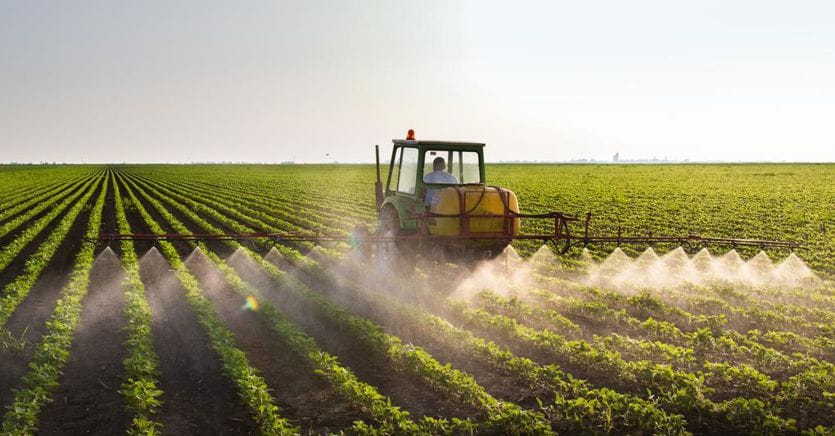War and sanctions not only cause the price of wheat to flare up: fertilizers suffer 170% increases
by Micaela Cappellini
The war in Ukraine causes expensive fertilizers to explode, with increases of up to 170% which also weigh on the Italian agri-food chain. The increase in the price of wheat and maize is therefore not the only agricultural consequence caused by the conflict between Russia and Ukraine. The flare-up in the price of fertilizers is due to two factors: on the one hand, the increase in itself in the price of gas on international markets, since methane is an essential raw material for producing fertilizers. And on the other hand, Putin’s decision to impose – at the moment until April – a ban on the export of ammonium nitrate: “A fundamental product for the fertilization of wheat – recalls Coldiretti – of which it alone represents about a quarter of total cultivation costs “.
On the markets today ammonium nitrate is almost impossible to find, and when there is its cost it has gone from 250 to 670 euros per ton. “Ammonium nitrate is also failing precisely in the decisive phase for the growth of ears, inevitably decreasing productivity with the cutting of crops – writes Coldiretti in a note – a choice that seriously damages farms already in difficulty due to the price increases of all fertilizers linked to the surge in the cost of gas triggered by the conflict ”. According to the data of the Agricultural Consortia of Italy, urea jumped to 750-800 euros per ton against 350 euros per ton last year, the mineral superphosphate went from 170 to the current 330 euros per ton, while of potassium jumped from 450 to 850 euros. “The result – says Coldiretti – is that 30% of agricultural enterprises are forced to reduce crops”. Italy already today imports 64% of the wheat for bread and 44% of that needed for pasta: a further reduction in national production would only add more stress to the sector and lead to an increase in prices.
“The departures of cereals from the ports of Ukraine are practically at a standstill,” recalls the president of Confagricoltura, Massimiliano Giansanti. And the international cereal market is also under pressure due to estimates relating to the contraction of harvests in Argentina and Brazil due to the lack of rain: “The cost of feeding livestock is therefore also destined to rise – recalls Confagricoltura – which already at the end of last year it recorded an increase of 30% ».
